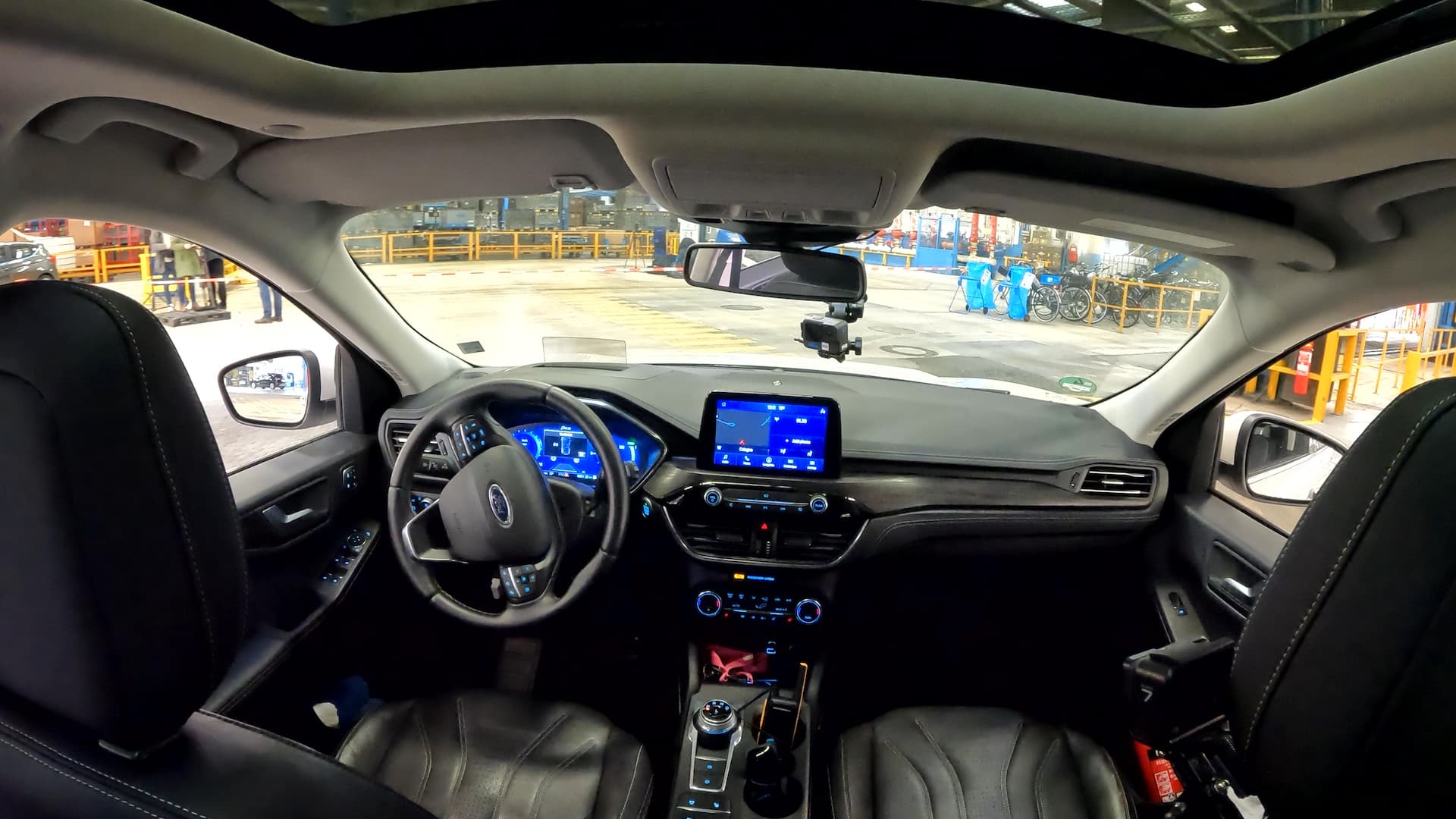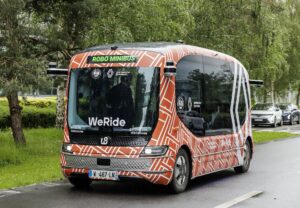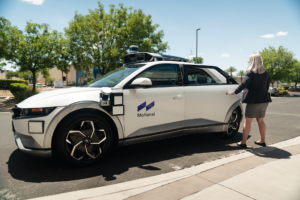What’s Happening: Ford is experimenting with AI-driven automated driving technology in its manufacturing process to improve efficiency and safety. As part of the E-SELF project, vehicles will drive themselves off the assembly line, proceed to final testing stations, and self-charge before being parked for delivery to customers.
Why It Matters: This initiative is part of Ford’s broader strategy to reinvent its vehicle portfolio in Europe and explore innovative production methods for its electric vehicles (EVs). The E-SELF project will help Ford analyze the potential benefits of incorporating self-driving technology into its assembly process, which could ultimately support operational efficiency, enhance safety, and enable employees to focus on critical tasks.
Key Points:
- Ford is preparing the Ford Cologne EV Centre in Germany, backed by a $2 billion investment, for EV production starting this year.
- The company plans to sell 600,000 EVs annually in Europe by 2026 and aims for an all-electric portfolio of passenger vehicles by 2030.
- The two-and-a-half-year trial is being conducted in collaboration with the Institute of Automotive Engineering of the Technische Universität Braunschweig and Kopernikus Automotive, with €2 million in funding from the Federal Ministry of Economy and Climate Protection.
- The E-SELF project leverages vehicle-to-infrastructure communication to control and monitor vehicles, using sensors to identify and respond to potential hazards.
Bottom Line: Ford’s E-SELF project signals a significant step in the company’s commitment to innovation and its transition to an all-electric vehicle lineup. The trial of AI-powered self-driving technology on assembly lines could lead to significant improvements in efficiency and safety, helping Ford remain competitive in the rapidly evolving automotive landscape.








